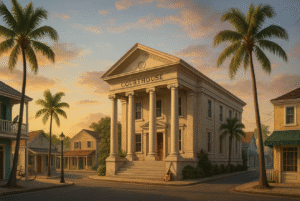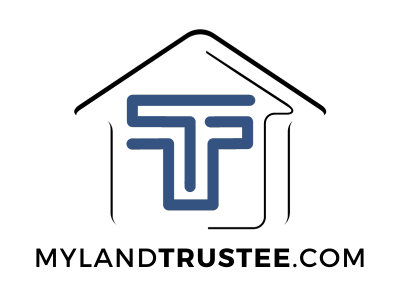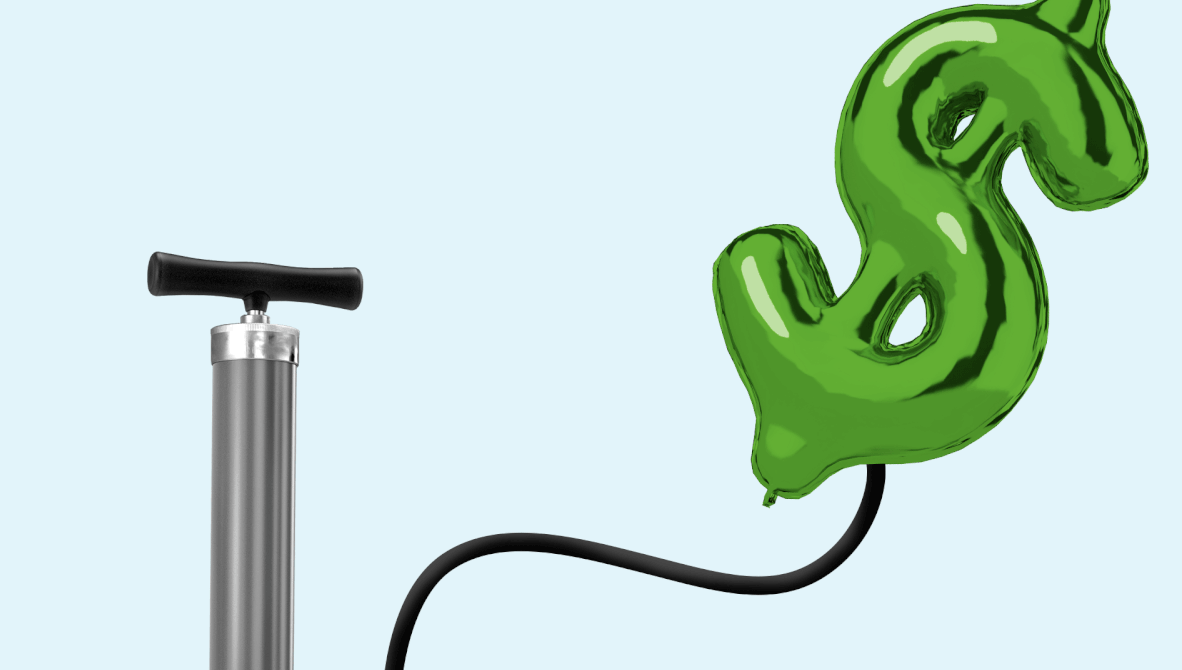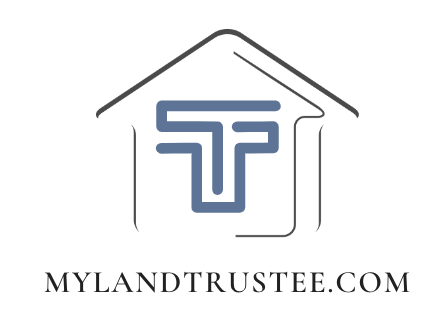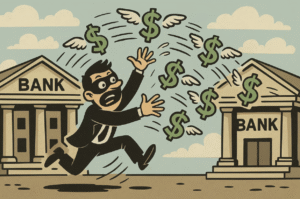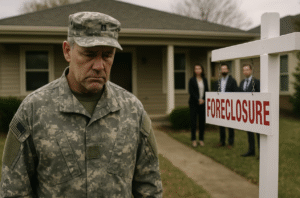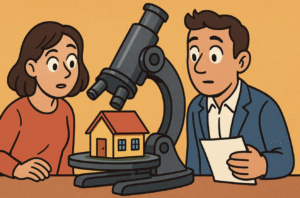On Wednesday, the US Labor Department reported that inflation increased 9.1% over the last 12 months, the fastest increase in consumer prices since 1981.
Why it matters: This increase was much higher than expected. To cool it, the Fed will continue raising interest rates at a sharp clip for the foreseeable future, which in turn will continue increasing mortgage borrowing rates as well.
Core inflation, which strips out food and energy price increases, rose only at 5.9% which was a slower pace than in May. Airfare and hotel prices dropped, and inflation overall appears to be decreasing in July with gas prices dropping from their June highs.
By the numbers: Housing costs were a large contributor to the increase in inflation, rising 5.5% higher than last year and 0.7% since May. This is the fastest that housing costs had risen since 1990.
What they're saying: According to Inman, it’s going to get worse before it gets better. Housing (purchases as well as rents) inflation usually lags all other inflation by six to 12 months. Rapid rises in rents is only now starting to hit the inflation numbers, and the market could actually go into a negative feedback loop.
This means the Fed’s rate-raising attempts to cool inflation could instead increase housing inflation as more sellers pull listings from the market, scared to leave a home at a lower rate than a replacement they could buy. Further, home builders are feeling the pinch of higher rates on their buyers and their own acquisition and development lines of credit, causing them to pull back on building new inventory.
The bottom line: All of this exacerbates the housing shortage as demand continues to climb, simply pushing up home prices and rents rather than lowering them.
